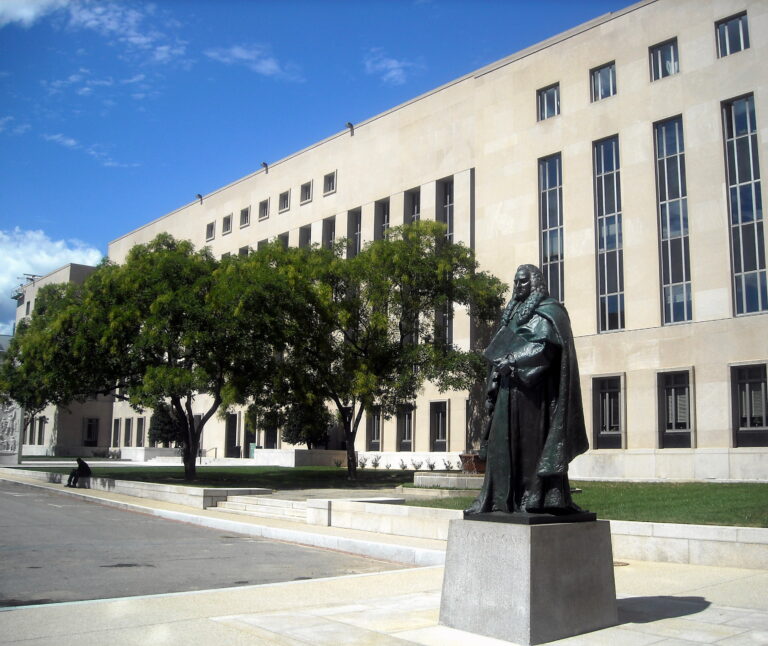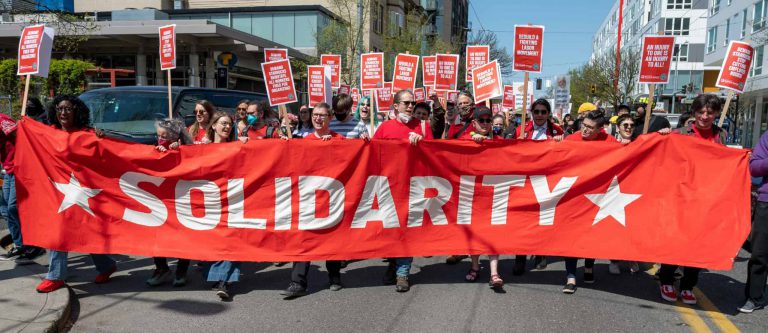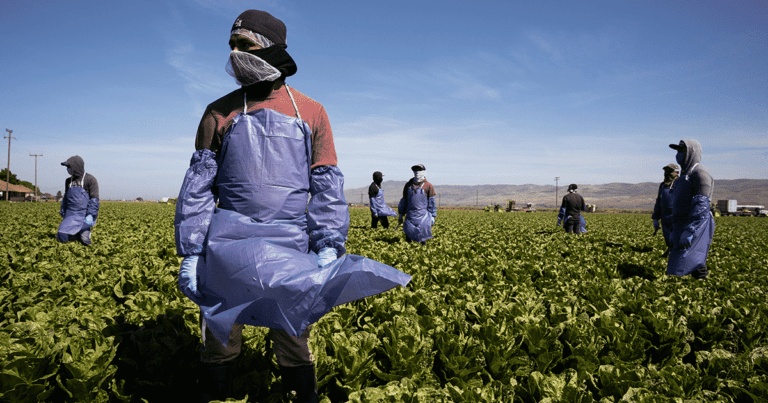Researchers from the Northeastern University and the Urban Institute released a report Tuesday on forced-labor trafficking in the U.S., according to Reuters and the Boston Globe. The study found that in many cases, trafficking victims entered the country legally, with valid work visas. Workers are often recruited in their home countries, deceived about the nature of the work they will perform, and ultimately held against their will and subject to psychological abuse. The study found that “most workers were not abused physically, which may not be the typical image of a trafficked person.” This fact, moreover, may contribute to the difficulty in detecting trafficking; one of the authors of the study said that “[v]ictims are often hidden in plain sight,” and explained that there needs to be greater awareness of “the coercion and fraud the traffickers use to control these individuals.”
The Associated Press reports on renewed efforts by public health advocates and lawmakers to eliminate the use of child labor on tobacco farm. In May, Human Rights Watch released a report detailing widespread illnesses, including symptoms consistent with nicotine poisoning, among children working on tobacco farms. Since then, the group has introduced legislation aimed at banning children younger than 18 from working on such farms, and it has also urged the Department of Labor to take regulatory action. Meanwhile, some members of Congress have taken notice as well: Representative David Cicilline, D-R.I., “has sponsored a bill to amend the Fair Labor Standards Act of 1938 to ban children under 18 from jobs where they have direct contact with tobacco plants or leaves.”
The Los Angeles Times reports on a dispute between a Japanese company and a labor union over a proposed light-rail manufacturing plant in California. After the company, Kinkisharyo International of Osaka, had settled on a site in the city of Palmdale, local activists, including members if the International Brotherhood of Electrical Workers Local 11, “presented the city with a 588-page appeal claiming violations of state environmental law.” Supporters of the company said that the petition amounted to “greenmail”—the use of environmental claims as leverage to secure labor concessions. The company had previously refused to agree to a card check agreement with the local union. A company representative said “[i]f our employees want to organize, they can. But we aren’t going to organize for them.”
In welcome news for a number of Governors engaged in close reelection races, the last Department of Labor report before November’s elections found that unemployment rates fell in 31 states last month, according to the Associated Press.






Daily News & Commentary
Start your day with our roundup of the latest labor developments. See all
April 24
NLRB seeks to compel Amazon to collectively bargain with San Francisco warehouse workers, DoorDash delivery workers and members of Los Deliveristas Unidos rally for pay transparency, and NLRB takes step to drop lawsuit against SpaceX over the firing of employees who criticized Elon Musk.
April 22
DOGE staffers eye NLRB for potential reorganization; attacks on federal workforce impact Trump-supporting areas; Utah governor acknowledges backlash to public-sector union ban
April 21
Bryan Johnson’s ULP saga before the NLRB continues; top law firms opt to appease the EEOC in its anti-DEI demands.
April 20
In today’s news and commentary, the Supreme Court rules for Cornell employees in an ERISA suit, the Sixth Circuit addresses whether the EFAA applies to a sexual harassment claim, and DOGE gains access to sensitive labor data on immigrants. On Thursday, the Supreme Court made it easier for employees to bring ERISA suits when their […]
April 18
Two major New York City unions endorse Cuomo for mayor; Committee on Education and the Workforce requests an investigation into a major healthcare union’s spending; Unions launch a national pro bono legal network for federal workers.
April 17
Utahns sign a petition supporting referendum to repeal law prohibiting public sector collective bargaining; the US District Court for the District of Columbia declines to dismiss claims filed by the AFL-CIO against several government agencies; and the DOGE faces reports that staffers of the agency accessed the NLRB’s sensitive case files.